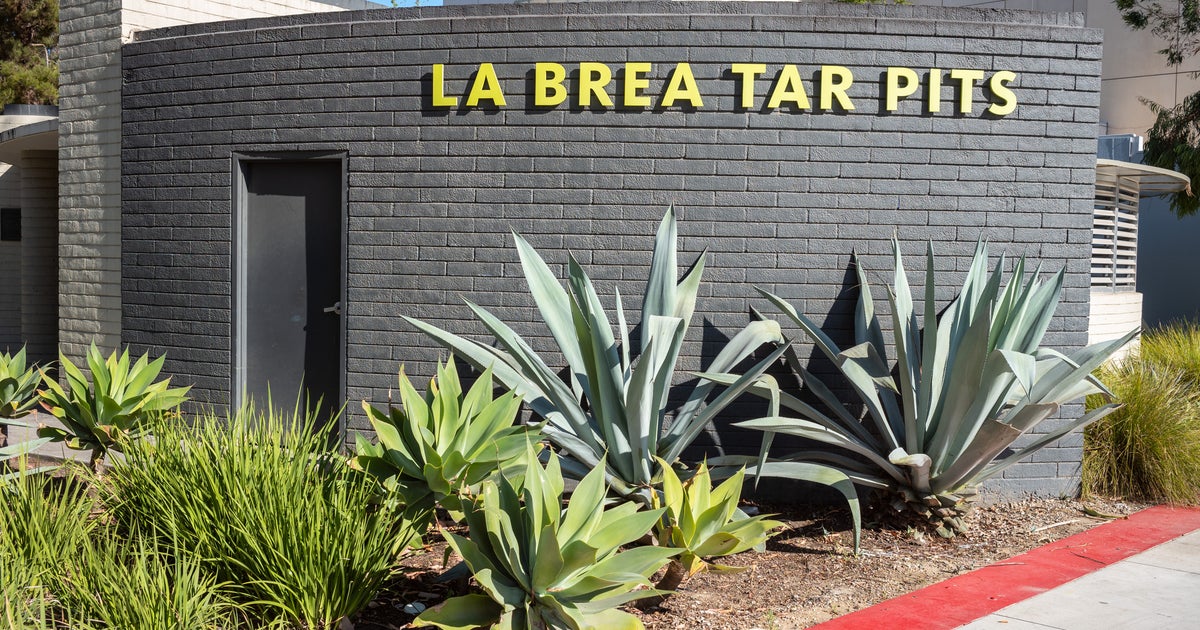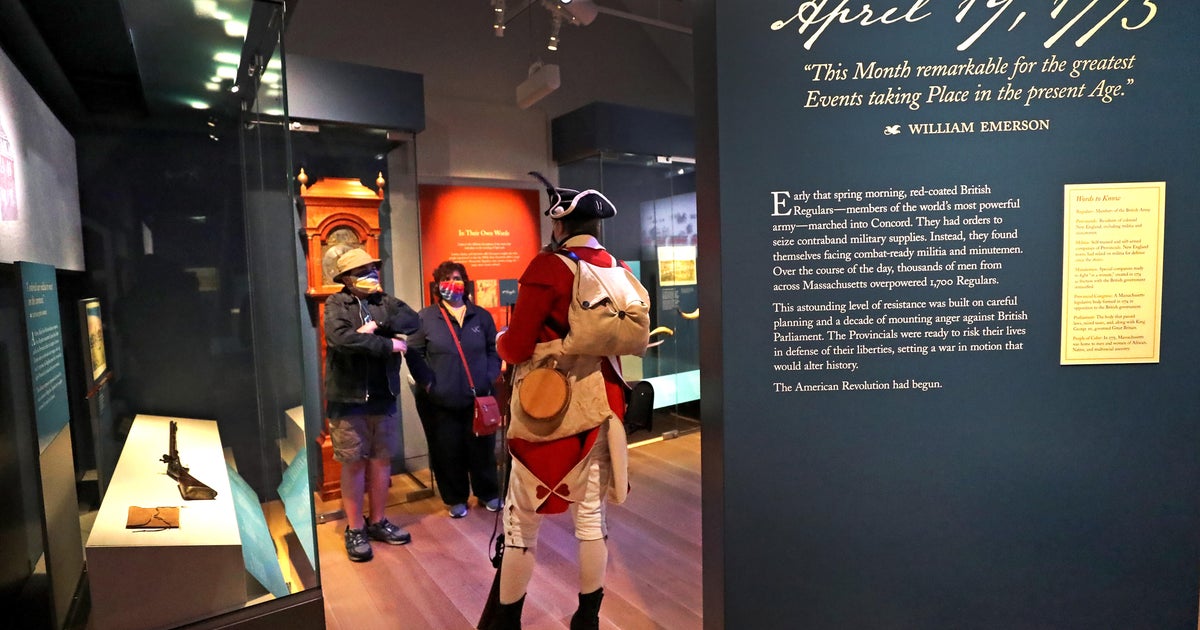Museums struggling to survive coronavirus pandemic get go-ahead to sell their art
For the first time, struggling art museums whose revenue has died up because of the coronavirus pandemic have a green light from the Association of Art Museum Directors to sell pieces for the "care of their collections." The vague directive comes after years of following a code of conduct that discourages museums from selling art to pay their bills.
"What we are trying to achieve is to provide our member organizations with a little bit more financial flexibility," Brent Benjamin, president of the Association of Art Museum Directors, told CBS News' Christina Ruffini.
The idea behind the unspoken directive of not "deaccessioning" artwork, according to Benjamin, is to prevent today's visitors from benefiting at the expense of tomorrow's, and so "you don't benefit tomorrow's visitors at the expense of today."
Normally, museums are only encouraged to sell artwork if the proceeds enhance a larger collection, such as when the Baltimore Museum of Art sold several pieces from its archive to acquire more works by women and artists of color.
Past violators of the rule have been ostracized and even picketed. A few years ago, the Berkshire Museum in Massachusetts suffered just that when it raised funds by selling dozens of pieces, including two prized Norman Rockwells, at an auction.
"We have never done this before, but this is a circumstance we've never faced before," Benjamin said.
For the next two years, the association will not punish museums for deaccessioning if it's in the "care of their collections," a term purposely made vague to allow museums whose halls and galleries have been empty to survive.
"This is a decision that has been, within committee, a long time coming," said Nina del Rio, vice chair at Sotheby's auction house.
Del Rio said the added flexibility and control over a museum's assets will be key to many of their survivals, but not to expect a deluge of sales anytime soon.
"I've not seen anybody so far say, 'Oh my God, we have to sell everything, you know, life is going to be over if we don't,'" she said. "I've seen quite the opposite — the stewards of these institutions doing the thoughtful, hard and good work to demonstrate that they're making decisions that are the right ones for their particular institution."
Baltimore Museum of Art Director Christopher Bedford supports the rule change, although he doesn't think he'll need to take advantage of it.
"What is more sacred, a set of values that we have collectively determined, or the vitality, relevance, and core mission and vision of institutions that serve their publics? And I think this moment is telling us exactly which is more important," he said.
The answer, according to Bedford, is "serving our publics, being vital, being relevant," and "keeping our doors open."



